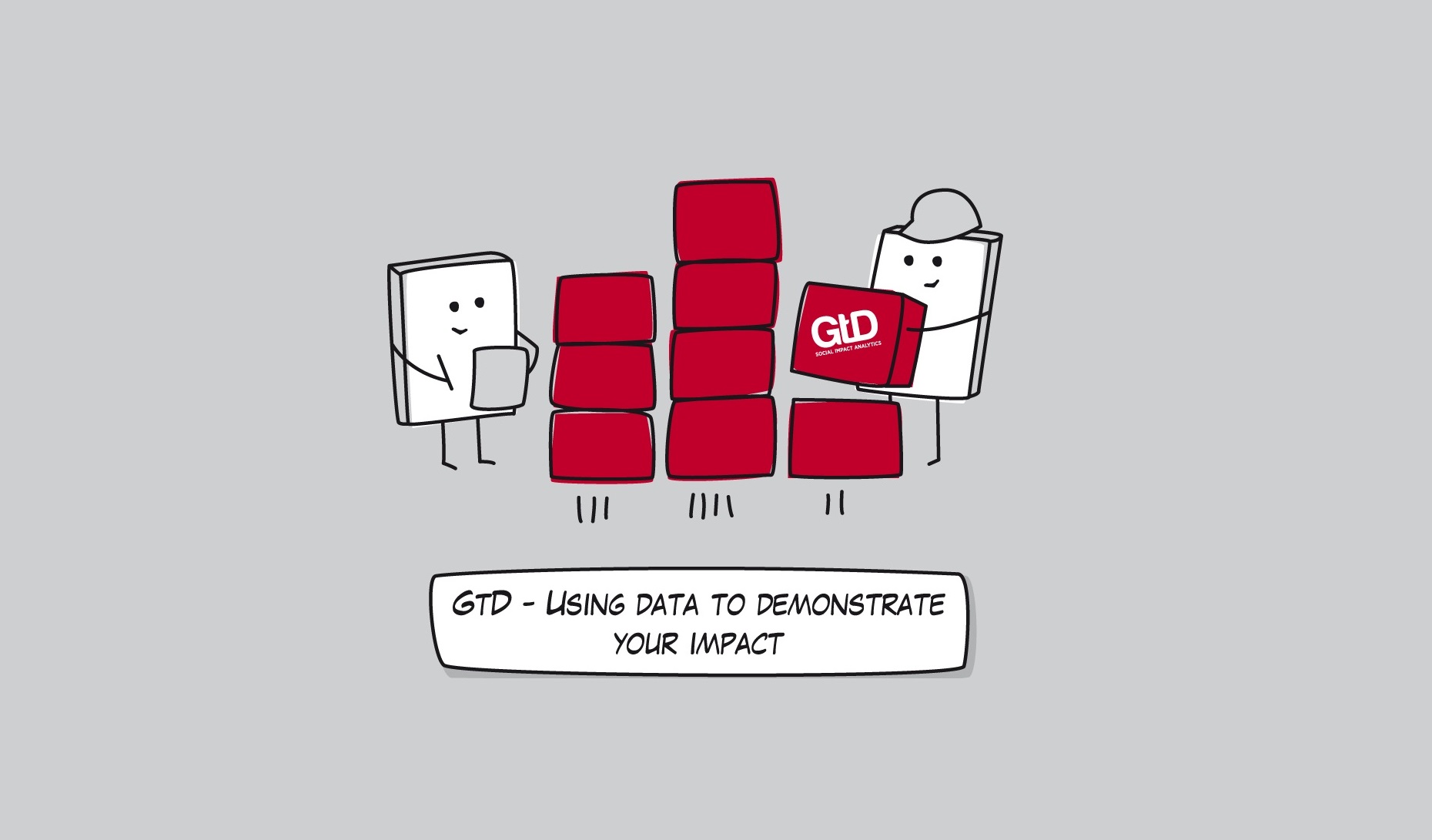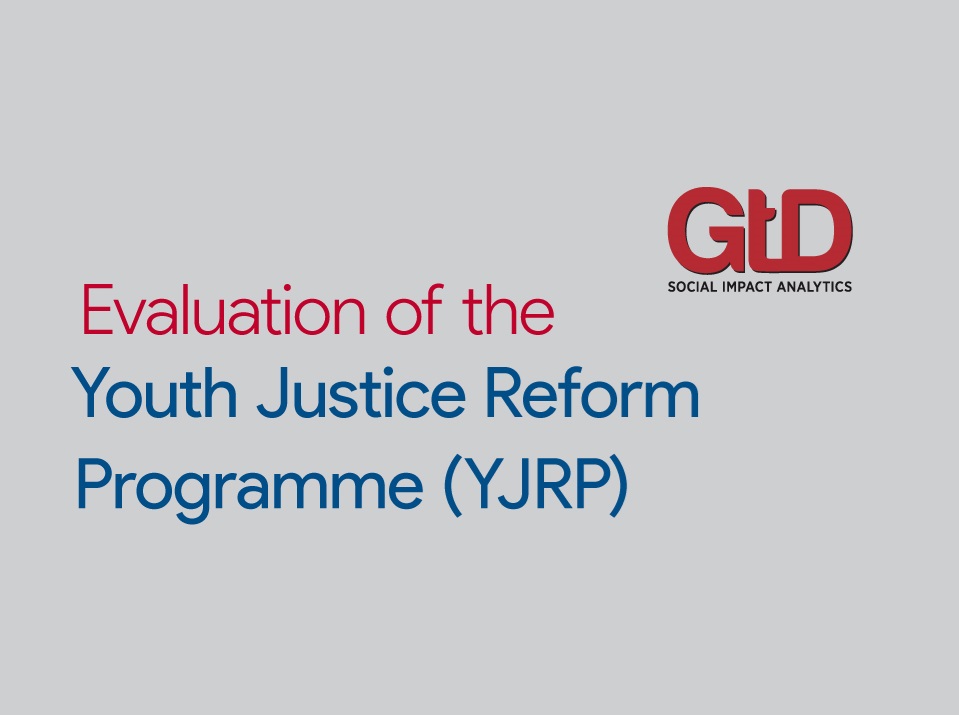Youth Justice Action Month and Why it Matters
October is Youth Justice Action Month in the US. It began as a single day of action in 2008 but in 2022 it was recognized by Presidential Proclamation to be a month dedicated to reforming the US juvenile justice system by, “shifting its focus from punishment to support — from the past to the future. By investing more in all children’s health and well-being, [America’s] youth can build a foundation for full lives and our whole country can benefit from their unlimited potential.
YJAM’s mission to achieve extensive juvenile justice reform is to be welcomed, and GtD is proud that its research and analysis is currently playing a part in keeping young people in school and connected to the healthcare they need. As part of GtD’s contribution to YJAM, Alan Mackie reviews how reform on both sides of the Atlantic is being supported by the growing evidence from research and evaluation .
For nearly 30 years I have been privileged to work with a number of organizations – on both sides of the Atlantic – who recognize that young people have a great capacity for change and growth. These have included early prevention programs, diversion programs and work on desistence and therapeutic approaches to tackle offending. From the far-off days of the Milton Keynes’s Youth Crime Prevention program in 1996 to GtD’s current work with Georgia Appleseed’s FAIR program, my colleagues and I have consistently found value in programs that support at risk young people and meet their education, health and social care needs.
The positive news from my own experiences also coincided with the growth in criminological evidence of the risk and protective factors, that correlated a young person’s individual traits and the characteristics of their family, peers, school, and community with their likelihood of offending. At the same time more was being learnt about young people’s propensity to engage in risky behavior, act impulsively, and make poor judgments. On the flip side, that evidence also found that focusing on education, skills development, and emotional growth could dramatically alter the trajectory of a young person’s life.
As the criminologists and social scientists were building the evidence of “what works?” in addressing youth offending, developmental psychologists and neurologists were contributing their own research. Their evidence consistently showed that even by adolescence, a young person’s brain is still forming. In particular, the prefrontal cortex is the last part of the brain to be fully developed typically by the age of 25 years. Critically it is this part of the brain that is concerned with cognitive reasoning, assessing thoughts, regulating emotions, assessing risky behavior and taking action.
The weight of the “hard” and “soft” science that has developed over the past two decades appears to be incontrovertible, and there is evidence that it is leading to meaningful and lasting reform on both sides of the Atlantic. In Georgia, the state’s 2013 juvenile justice reforms limited incarceration through better risk and needs assessments, restoring judicial discretion to the sentencing of so-called “designated felons”, and limiting custody for status offenders and misdemeanants. In the same year, over in England, the Taylor Review of the Youth Justice System sought “to transform the youth justice system in which young people are treated as children first and offenders second, and in which they are held to account for their offending”. Behind this transformation was an emphasis on diverting children out of the justice system altogether.
Ten years on, these reforms are embedded and are supported by a myriad of local statutory and non-profit support for young people. The trajectory for sustained reform seems set, but we know that policy making is fickle and subject to the pressures of public sector finances. In this context, YJAM provides civil society with a renewed opportunity to respond to the Presidential Proclamation and take action to support our youth and by participating in appropriate ceremonies, activities, and programs in their communities. I believe the support of civil society will ensure the reforms become well understood by the wider community and protected from the temptation of politicians to engage in regressive law and order politics.
Whether you are working in Georgia or England – with a non-profit or local statutory body – GtD is here to help you measure, learn and prove your impact on the lives of the young people you serve. We are here to lend our expertise, skills and tools to assist you, and ensure your project is fully impacting the lives of the young people you are called to serve. For further details and an informal discussion, please contact Alan Mackie or Jack Cattell today.
















